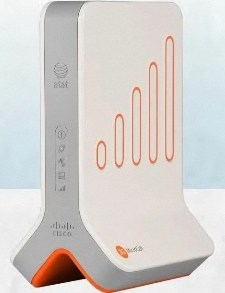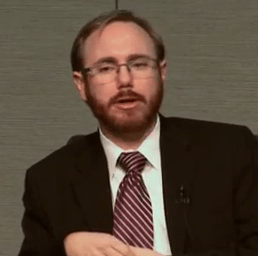 AT&T U-verse broadband has not kept up with the times, limiting speed-craving customers to a comparatively slow 18-24Mbps that hasn’t changed much in a few years. But an AT&T employee claims in the company forums that is all about to change, with new broadband speeds up to 48-60Mbps downstream and up to 10Mbps upstream on the way.
AT&T U-verse broadband has not kept up with the times, limiting speed-craving customers to a comparatively slow 18-24Mbps that hasn’t changed much in a few years. But an AT&T employee claims in the company forums that is all about to change, with new broadband speeds up to 48-60Mbps downstream and up to 10Mbps upstream on the way.
The improvements will not just mean faster Internet speeds, but also better television service. U-verse is an IP-based network using a DSL variant to deliver a broadband pipe into customer homes. That pipe is divided up between television, broadband, and phone service. Previously, U-verse limited television viewing to a handful of concurrent television streams — a problem in large households with heavy TV and DVR usage. The network upgrade won’t eliminate that problem, but it will make it more rare with up to six channels viewed simultaneously.
AT&T customers will also eventually benefit from a switch to “cloud storage” DVR equipment, which will record and store TV shows remotely and stream them back to your television on-demand. This will allow AT&T to sell customers different levels of storage capacity and reduce customer inconvenience should they lose all of their recordings if a hard drive happens to fail.
The employee predicts the speed increases will begin rolling out in July, beginning in Texas.
Not all markets or customers will be able to get the fastest speeds offered by AT&T because U-verse is still dependent on copper wire between a customer’s home or business and the nearest fiber optic link. AT&T intends to boost speeds for some customers using pair bonding to eke more performance from their aging wiring. Customers already buying U-verse’s top 24Mbps tier will receive a free upgrade to 30Mbps when the new speeds are introduced.
Some leaked pricing for the new speeds (discounts may apply in bundled packages):
- 3/1Mbps — $41
- 12/1.5Mbps — $51
- 18/1.5Mbps — $56
- 30/3Mbps — $66
- 45/6Mbps — $86
- 60/6Mbps — $106
- 75/10Mbps — $121
No word on if AT&T plans adjust its barely enforced U-verse usage cap (250GB).


 Subscribe
Subscribe


 From
From 

